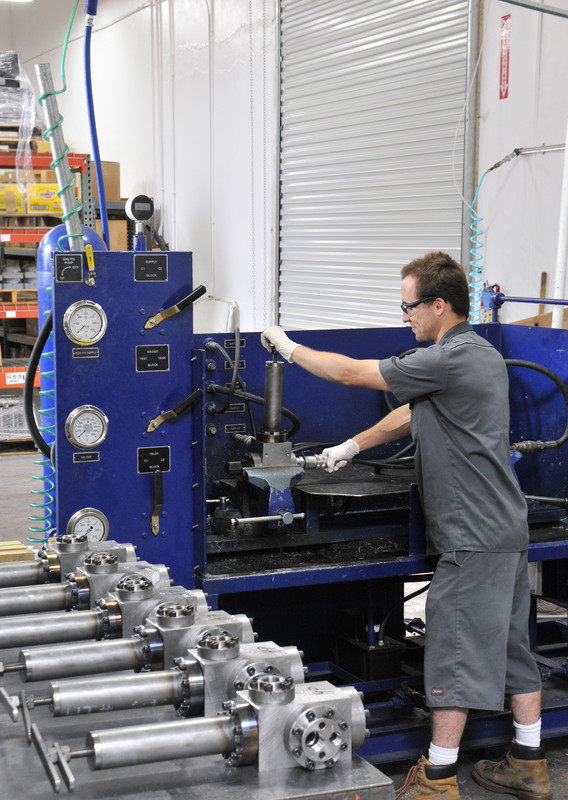Remember when you were young and received a birthday or Christmas present that you had been asking for that you saw on TV? The pictures on the box would describe the wonderful features of the toy it contained inside but when you open the box the toy did not do what you expected. The Easy Bake oven rarely cooked the cake fully, the ice cone maker barely crushed the ice or the remote control car would only turn in circles and failed to go straight. Each one of the toys had great marketing designed to grab a child’s attention but did not have the quality manufacturing and production necessary to ensure it would perform as expected. Most of the times these toys were thrown on a shelf never to be used again or possibly returned to the store or exchanged for another that would hopefully work. This type of quality is OK in the toy industry, though after many repeat defective purchases they will probably lose customers, but in the automotive industry people expect a vehicle to function correctly every time they start the engine.
This is where the Final Test Engineer steps in to ensure that after all the design, assembly and test steps have been completed the final vehicle produced functions correctly and reliably.
Choosing a Final Test Engineer position
There are two facets to consider when becoming a final test engineer and that is if you are most interested in working at the final testing of a fully assembled vehicle or working as the final test engineer for a subcomponent or subassembly that then is assembled into a vehicle. When you work at the subcomponent level you will perform a different sort of testing on the subcomponent. For example, if you work in a manufacturing facility that assembles the instrumentation cluster that will be shipped to the automotive assembly plant then you will be doing electrical testing to verify functionality. This type of testing will require different skills and expertise than the final testing done at the fully assembled automobile level. Once you have considered what level you would like to work at the next step is to gain the required degree that will aid you in performing that job. For the instrumentation cluster final test engineering position you will benefit from an electrical engineering degree and from the final test at the fully assembled level an automotive, mechanical, electrical or many other specialty areas will be a great help.
Becoming a Final Test Engineer
Regardless of which area you choose to specialize in you will still need to earn a degree in engineering and to get into an engineering program you will want to have a strong foundation from a secondary school. Universities will look at the classes that you take in secondary school and will want to see a strong emphasis on physics, chemistry, math, sciences and other advanced placement topics that will assist you when you begin your college degree. Additionally, you will want to show that you have the skills and interest to be successful in the degree program. To assist in determining if a student will be successful they look at extracurricular activities such as sports involvement and National Honor Society. When you engage in these activities this tells the schools that you have a well-balanced life and a high chance of success once you start your college degree studies.
Working as a Final Test Engineer
Becoming a Final Test Engineer will require dedication and expertise that you can only gain when you are working in the industry. After (or during via an internship) you have completed your engineering degree and found a position in the automotive industry you will be working in your desired field doing jobs that are smaller under the watchful eye of a more experienced engineer. It is possible that you will enter a rotation program that gives recent college graduates exposure to all the areas within the automotive design and manufacturing fields so that they have a sound basis to move into the final test field. Without an understanding of the entire process you will not be able to troubleshoot and failures that you find when testing a final product or subassembly.
Additionally, when doing final assembly testing you may be required to learn how to program testers that are required that simulates the automobile and allows all functionality to be verified prior to shipment. This is where a specialized degree will help you to be more successful in the field.
The role of the final test engineer is critical in the automotive assembly process at all levels. No matter if you choose to work at the component level or the final vehicle assembly verification, you will find some area that needs a test engineer to make sure the product performs as expected and meets all the design specifications.

